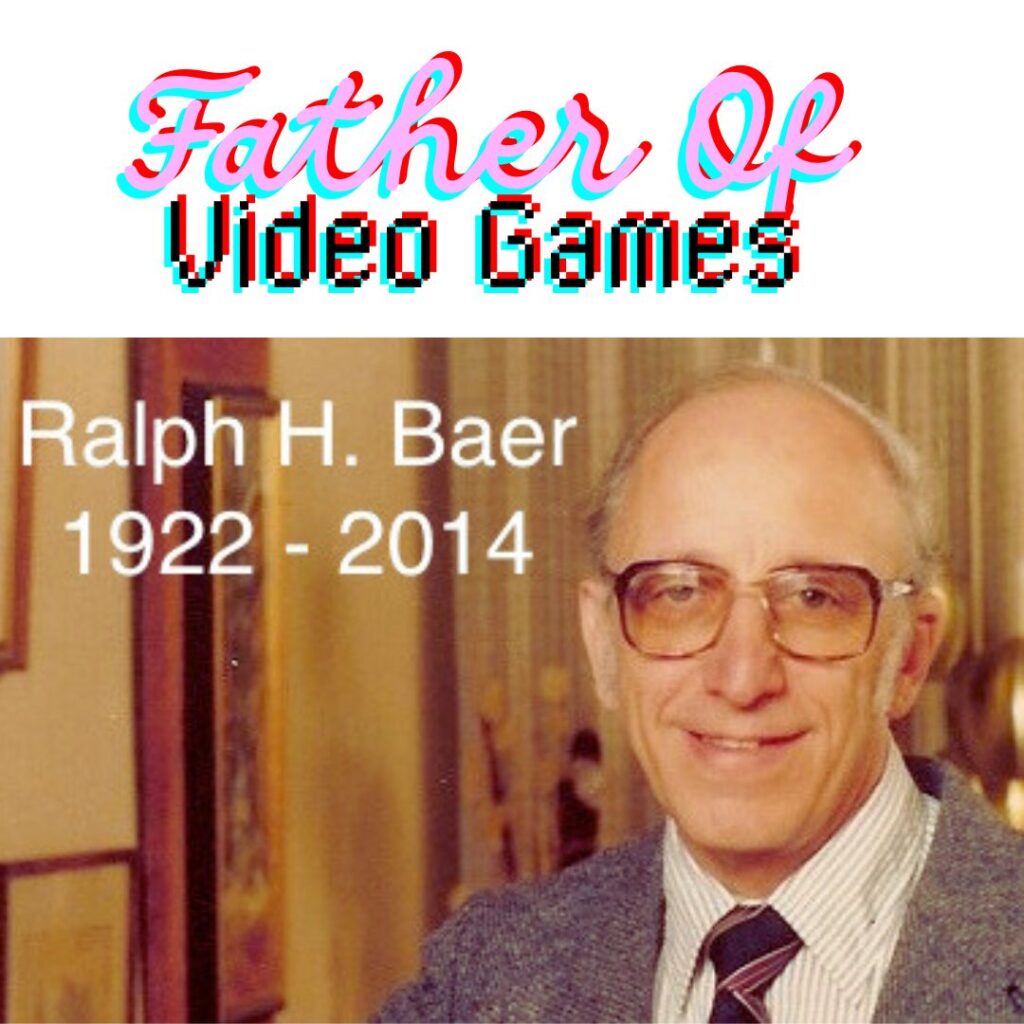The Father of Video Games: Ralph H. Baer’s Legacy
The video game industry, a multi-billion dollar enterprise today, owes much of its existence to one pioneering individual: Ralph H. Baer. Often referred to as the “Father of Video Games,” Baer’s innovative spirit and groundbreaking work in the 1960s and 70’s laid the foundation for the modern gaming world.
Early Life and Career
Ralph H. Baer was born on March 8, 1922, in Pirmasens, Germany. His family fled to the United States in 1938 to escape the growing threat of Nazism. Baer took advantage of the opportunities in his new country, earning a degree in television engineering in 1949 from the American Television Institute of Technology in Chicago.
The Birth of Home Video Games
Baer’s journey into video games began with a simple idea while working as a chief engineer at Sanders Associates in the mid-1960s. He envisioned a world where people could interact with their television sets in more engaging ways than just watching programs. This idea evolved into the concept of playing games on a TV screen.
In 1966, Baer started developing a prototype that would become the first home video game console. Over the next few years, he and his team at Sanders Associates created the “Brown Box,” a device that could be connected to a television and allowed users to play a variety of simple games. This prototype was later licensed to Magnavox and released in 1972 as the Magnavox Odyssey, the world’s first commercial home video game console.
Magnavox Odyssey: A Revolutionary Device
The Magnavox Odyssey was revolutionary. It came with a set of plastic overlays that could be placed on the TV screen to simulate different game environments, and it featured simple games like table tennis, hockey, and Simon Says. Although primitive by today’s standards, the Odyssey was a remarkable achievement that introduced the concept of interactive entertainment in the home.
Despite its innovation, the Odyssey faced several challenges, including limited marketing and consumer misunderstanding. Many people believed the console would only work with Magnavox televisions, which hindered its sales. However, it still sold around 350,000 units, proving there was a market for home gaming.
Legacy and Impact
Ralph Baer’s contributions to the video game industry extend beyond the Odyssey. He continued to innovate, creating the first light gun for home use, which was also released for the Odyssey. Baer’s work earned him numerous awards, including the National Medal of Technology in 2006, and his inventions are displayed in institutions like the Smithsonian.
Baer’s pioneering efforts didn’t just create a new form of entertainment; they sparked an entire industry. Today’s gaming landscape, with its complex consoles, immersive virtual realities, and vast online communities, can trace its roots back to Baer’s groundbreaking work.
Ralph H. Baer’s legacy as the “Father of Video Games” is well-deserved. His visionary work in the 1960s and 70s laid the groundwork for an industry that has become a central part of global culture. The next time you pick up a controller, remember that it all started with Baer’s dream of interactive television, a dream that changed the world of entertainment forever.



